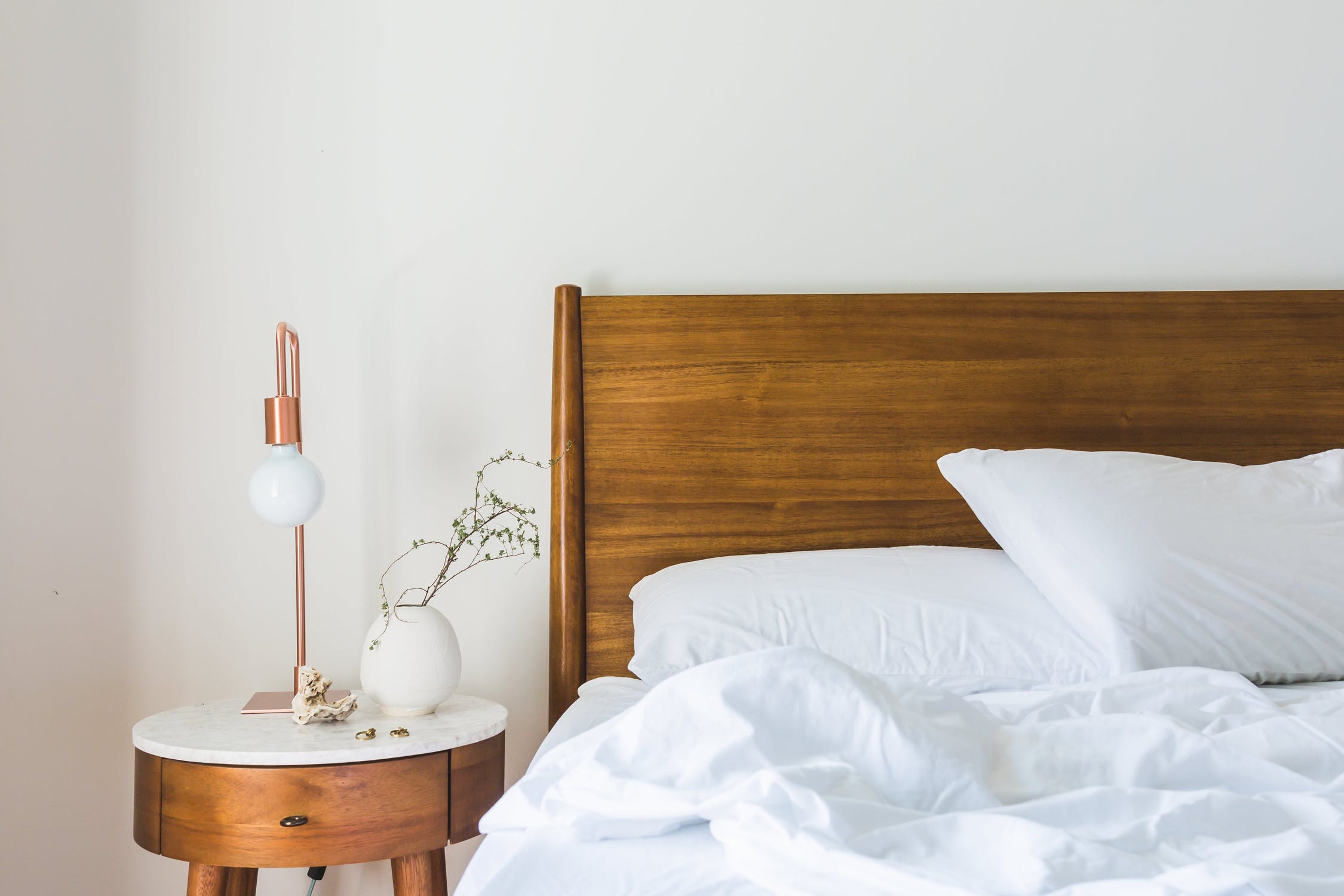A good night of sleep can be a total game changer. Especially for those that have struggled with achieving a such a thing. There are many reasons why sleep can elude us, but there are also many natural and healthy ways to set yourself up for better sleep success. But why is sleep so important? We’ve all probably heard the expression “You can sleep when you’re dead.” True. However, our sleep is an incredibly important part of our health puzzle, so without adequate sleep and rest, a shorter life span may be likely. So why is sleep so important?
- How we feel while awake is a reflection of how we sleep. If we are feeling groggy and exhausted all day, it can be an indication that our bodies aren’t able to properly restore, heal, and rejuvenate while we are asleep.
- An on-going lack of sleep and/or poor sleep quality can our increase risks of chronic illness. Sleep deprivation has also been linked to depression, suicide, and risk taking behaviors. Sleep is involved in the healing and repair of the heart and blood vessels. Ongoing sleep deficiency is linked to an increased risk of heart disease, kidney disease, high blood pressure, diabetes, and stroke. Sleep deficiency also increases the risk of obesity.
- Our brain function is also connected to our sleep quality. What happens to our brain during sleep directly impacts our ability to learn, think and process new information.
- Sleep helps maintain a healthy balance of the hormones that control hunger signals. Our bodies struggle to metabolize properly without adequate sleep. Sleep also affects how your body reacts to insulin — the hormone that controls your blood glucose level. Sleep deficiency results in a higher than normal blood sugar level, which may increase your risk for diabetes.
- Our immune system relies on sleep to stay healthy. Ongoing sleep deficiency can change the way in which the immune system responds. If you’re sleep deficient, you may have trouble fighting common infections.
So pretty important, right? Here are my top tried and true tips for better sleep.
- Unplug. Turn off all electronics at least one hour before bed, including the television. The blue light emitted from electronic devices and screens stimulates the brain and can actually distort the body’s natural rhythms for sleep.
- Decompress. Read in bed, enjoy a warm cup of tea, write in a gratitude journal — all calming and relaxing activities that allow our bodies and minds to unwind and realize that it’s time to turn down.
- Release. Yoga or meditation before bed are a great way to ease into a slumber. Studies show that as little as 10 minutes a day of even just walking or cycling can improve sleep quality and duration. Exercise in general has been shown to improve sleep quality, however more rigorous activities should be completed earlier in the day to prevent adrenaline and endorphins from carrying over and interfering with your ability to fall asleep. Yoga or meditation, however, can allow you to clear your mind and embrace restorative rest.
- Create a sleep supportive environment. Shades or blackout curtains can ensure that street lights or the first morning rays don’t cut your sleep short. Decluttering the bedroom, especially the nightstand, can help set the stage for sleep rather than the urge to continue doing other things. Use of a sound machine, air purifier, salt lamps, humidifiers, or fan can also help make for a relaxing environment that you can feel at peace in. Adjust your thermostat if need be to find a temperature that you sleep comfortably and soundly in.
- Supplement your efforts. Essential oils can be a great addition to your sleep arsenal. Lavender oil is known for its ability to help with stress and relaxation. Probiotics are also an incredible tool for supporting sleep. Our gut bacteria is responsible for nearly 95% of serotonin production, otherwise known as the relaxation hormone. Omegas fatty acids increase the production of melatonin, which is the sleep hormone.
What ways have you found to help you achieve your best sleep? Share them with us in the comments!




